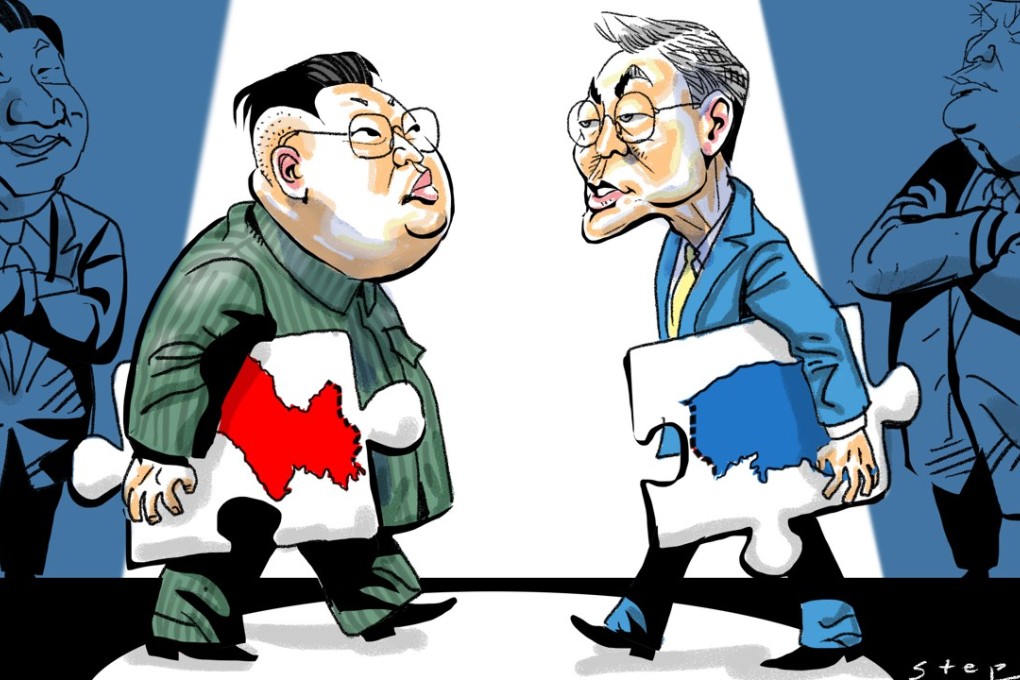How to break the stalemate on the Korean peninsula as North and South Korea take centre-stage
John Barry Kotch says North Korea’s demand for a peace treaty ending the Korean war is worth discussion, but not as a precondition to denuclearisation. An agreement to terminate the UN Command might, however, be a better starting point

Of immediate concern is the scheduled September summit between the leaders of the two Koreas in Pyongyang for which South Korean President Moon Jae-in has just proposed an ambitious vision for “inter-Korean economic cooperation”. The failure to chart a meaningful denuclearisation process could put warming North-South ties in jeopardy.
Two decades ago, in Geneva (1997-1999), negotiations for a peace treaty or mechanism under the rubric of Four Party Talks among the former Korean war combatants – the US, China and the two Koreas – hit a wall after only six sessions. The US and South Korea refused to put the US military presence in the South on the agenda and the North broke off talks, spurning Chinese efforts to broker a compromise.
Watch: North Korea nuclear missile building programme shows new signs of activity
